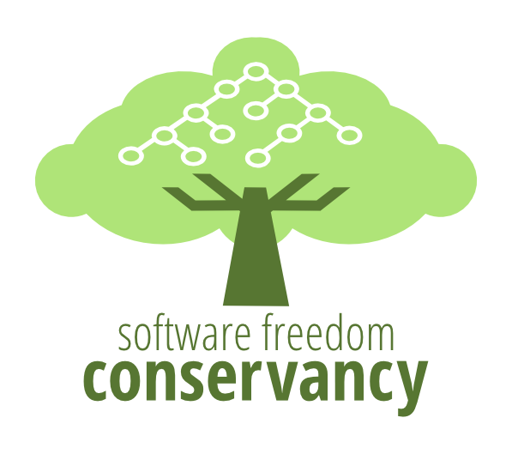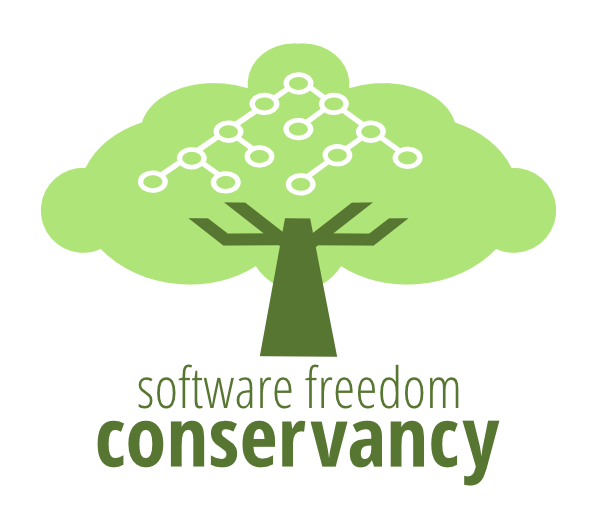Bora M. Alper
- 11 Posts
- 14 Comments
Cory Doctorow put it more eloquently in Pluralistic: Predicting the present:
And while Americans shoot people they’ve only just gotten angry at, they also sometimes plan shooting sprees and kill a bunch of people because they’re just generically angry. Being angry about the state of the world is a completely relatable emotion, of course, but the targets of these shootings are arbitrary. Sure sometimes these killings have clear, bigoted targets – mass shootings at Black supermarkets or mosques or synagogues or gay bars – more often the people who get sprayed with bullets (at country and western concerts or elementary schools or movie theaters) are almost certainly not the people the gunman (almost always a man) is angry at.
One day, as I was swimming in the community pool across the street – a critical part of my pain management strategy – I was struck with a thought: “Why don’t these people murder health insurance executives?” Not that I wanted them to. I don’t want anyone to kill anyone. But why do American men who murder their wives and the people who cut them off in traffic and random classrooms full of children leave the health insurance industry alone? This is an industry that is practically designed to fill the people who interact with it with uncontrollable rage. I mean, if you’re watching your wife or your kid die before your eyes because some millionaire CEO decided to aim for a $10 billion stock buyback this year instead of his customary $9 billion target, wouldn’t you feel that kind of murderous rage?
But the assassination of Brian Thompson is a wake-up call, a warning that if we don’t solve this problem politically, we may not have a choice about whether it’s solved with violence. As a character in “Radicalized” says, “They say violence never solves anything, but to quote The Onion: that’s only true so long as you ignore all of human history”.

 1·6 months ago
1·6 months agoRevolt relies on community self hosting last I looked at it
I think on the contrary they are not big on self-hosting nor federation so they have a better chance at becoming a “mass” solution. While you can self-host, it doesn’t federate like Matrix and in practice everyone is on the “first-party” instance (revolt.chat).

 2·7 months ago
2·7 months agoRequires a phone number.
Which one? Revolt?

 191·7 months ago
191·7 months agoIn all fairness, I think the FOSS community lacks good messaging tools so people end up using:
- for personal messaging: WhatsApp (very popular in Europe), iMessage (in the US), Telegram (Brazil and Asia)
- for communities: Discord and Telegram
- for businesses: Slack (popular in tech) and Teams (~all the rest)
Signal has been gaining momentum for personal messaging but its unrelenting focus on privacy comes with some significant usability tradeoffs: (1) it doesn’t have a web-app that I can use from other computers that I don’t control (eg a work laptop), (2) it doesn’t sync well between my phone (primary) and desktop apps (secondary), (3) it doesn’t have a “bots” API like Telegram does so its creative uses are very limited, (4) third-party clients are officially disallowed.
Matrix might be a good fit for communities and businesses (which have very distinct moderation needs as in a business you can just report users to HR hehe), but in my experience it (or its flagship client Element) has lots of performance issues that makes it unpleasant to use. It also reminds me of XMPP with its different extensions and not knowing which clients supported which extensions; for example, go to https://matrix.org/ecosystem/clients/ and click around to discover that many clients don’t support threads yet. All that being said, I think Matrix is still the one that’s best positioned to win the communities.
For businesses, I think the “open core” model is pretty competitive: you have Rocket Chat, Mattermost, and Zulip. In fairness I think they made significant strides so I’d consider them pretty successful in their own regard, despite Teams dominating the market by abusing Microsoft’s monopoly and Slack’s popularity + coupling with Salesforce. Now, the issue is that those three “open core” software aren’t very useful for communities because again, their moderation models are very different. Moderation is a ~non-issue in a business setting where you have HR and other functions to enforce the rules and penalise accordingly.
Long story short, what’s your FOSS alternative to Discord for communities? Revolt maybe?

 12·7 months ago
12·7 months agooh no! wasn’t bluesky decentralized and federated?!?
The articles take is actually much more nuanced and neutral than that, but it still really amounts to the same thing.
I agree that the article is much more nuanced than that: “But how Bluesky and ATProto handle moderation, and the way that it can be sidestepped, show that [decentralisation] is not a hard requirement.”
I would like to make one thing that the article is alluding to clearer, that is, this is a cat-and-mouse game. So far the Turkish government is happy with having “significantly restricted the visibility of accounts they deem unwanted” but the moment Turkish netizens start sidestepping the moderation (e.g. via third-party clients), the government will step up their game as well and will ask Bluesky to moderate content at AppView or perhaps even at Relay level.
I know that this is a cat-and-mouse game because web censorship in Turkey started with DNS-tampering at first, which people started circumventing by simply changing their DNS servers, and then the government implemented IP-blocking (including of popular VPN providers) and even Deep Packet Inspection. I’ve experienced this first hand but you can read more about it here: Internet censorship in Turkey (2015)

 4·7 months ago
4·7 months agoThat’s a really beautiful & concise way of putting it <3

 4·7 months ago
4·7 months agoTheir account is still available outside of Turkey so check it out for yourself: https://bsky.app/profile/carekavga.bsky.social
10 posts only, most of which are after their account got censored, so just a couple introductory posts before that’s all. I suspect the government requested its takedown because the account belonged to a politically active person that was influential enough to cause worry.

 2·7 months ago
2·7 months agoThe other way you become 4chan.
I think there is a sensible middle ground. :)

 5·7 months ago
5·7 months agoCan Turkey ask for any account/post to be banned regardless of where a post was written?
One can always ask and when it comes to countries, it depends on how convincing they can get. Legally speaking (IANAL), I believe that it’s within countries’ right to ask regardless of where the author is from if a content violates their local laws.

 2·7 months ago
2·7 months agoThe article is a year old, fyi.

 1·7 months ago
1·7 months agoIn my opinion replacing US Big Tech with European alternatives is bullshit unless they are also free software. Many European alternatives who started in Europe later moved to the US when they got big for better access to capital etc. It’s like moving from Twitter/X to Bluesky only to see its enshittification 10 years down the line.

 21·7 months ago
21·7 months agoBy “Fediverse” people usually refer to “ActivityPub”-based social networks such as Mastodon and Lemmy.
People also rightfully argue that Bluesky, despite the best of intentions, is not decentralised. See How decentralized is Bluesky really? (long read).

 0·8 months ago
0·8 months agoHow is Brave right wing? Because of cryptocurrencies?








It’s neither. They keep blocking (and unblocking) services tactically to prevent people organising protests.